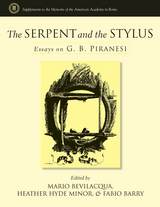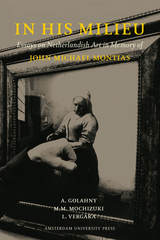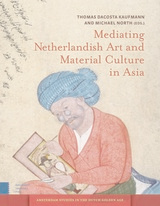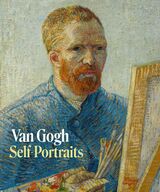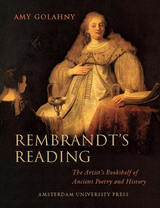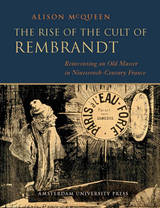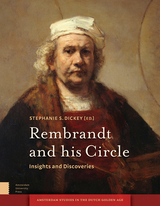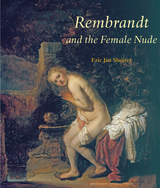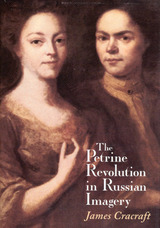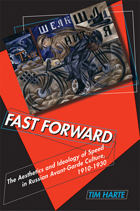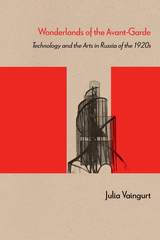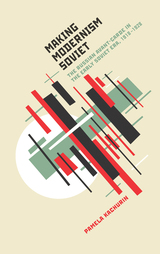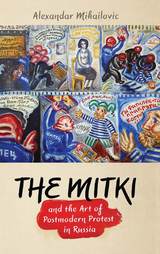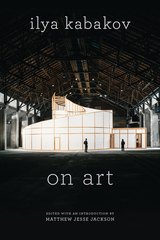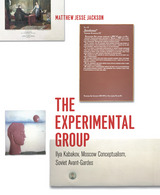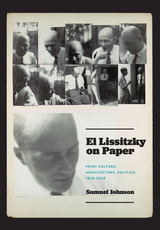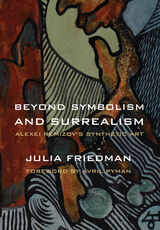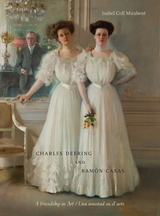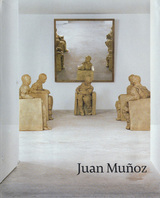Wonderlands of the Avant-Garde: Technology and the Arts in Russia of the 1920s
Northwestern University Press, 2013
eISBN: 978-0-8101-6652-3 | Paper: 978-0-8101-3611-3 | Cloth: 978-0-8101-2894-1
Library of Congress Classification N6988.5.A83V35 2013
Dewey Decimal Classification 891.70911
eISBN: 978-0-8101-6652-3 | Paper: 978-0-8101-3611-3 | Cloth: 978-0-8101-2894-1
Library of Congress Classification N6988.5.A83V35 2013
Dewey Decimal Classification 891.70911
ABOUT THIS BOOK | AUTHOR BIOGRAPHY | REVIEWS | TOC | REQUEST ACCESSIBLE FILE
ABOUT THIS BOOK
Longlist finalist, 2015 Historia Nova Prize for Best Book on Russian Intellectual and Cultural History
In postrevolutionary Russia, as the Soviet government pursued rapid industrialization, avant-garde artists declared their intent to serve the nascent state and to transform life in accordance with their aesthetic designs. Despite their utilitarian intentions, however, most avant-gardists rarely created works regarded as practical instruments of societal transformation. Exploring this paradox, Vaingurt claims that the artists’ fusion of technology and aesthetics prevented their creations from being fully conscripted into the arsenal of political hegemony. The purposes of avant-garde technologies, she contends, are contemplative rather than constructive. Looking at Meyerhold’s theater, Tatlin’s and Khlebnikov’s architectural designs, Mayakovsky’s writings, and other works from the period, Vaingurt offers an innovative reading of an exceptionally complex moment in the formation of Soviet culture.
In postrevolutionary Russia, as the Soviet government pursued rapid industrialization, avant-garde artists declared their intent to serve the nascent state and to transform life in accordance with their aesthetic designs. Despite their utilitarian intentions, however, most avant-gardists rarely created works regarded as practical instruments of societal transformation. Exploring this paradox, Vaingurt claims that the artists’ fusion of technology and aesthetics prevented their creations from being fully conscripted into the arsenal of political hegemony. The purposes of avant-garde technologies, she contends, are contemplative rather than constructive. Looking at Meyerhold’s theater, Tatlin’s and Khlebnikov’s architectural designs, Mayakovsky’s writings, and other works from the period, Vaingurt offers an innovative reading of an exceptionally complex moment in the formation of Soviet culture.
See other books on: Arts | Avant - Garde | Avant-garde (Aesthetics) | Russia (Federation) | Russian literature
See other titles from Northwestern University Press

